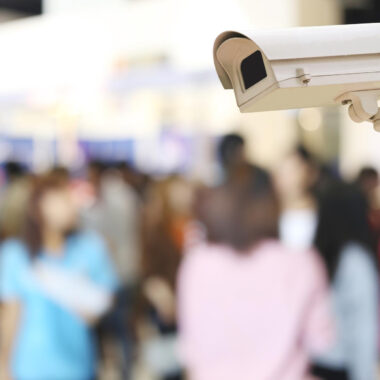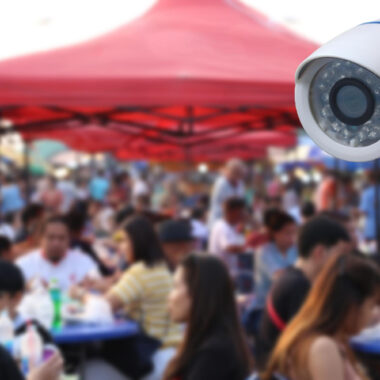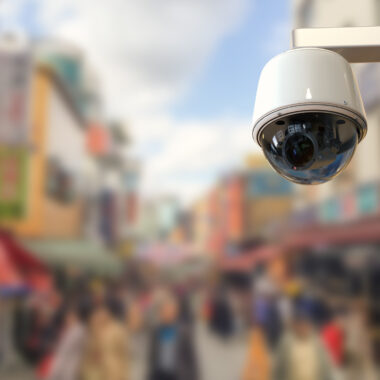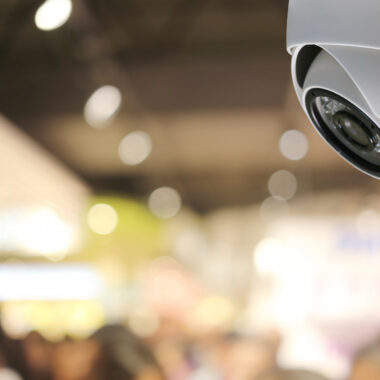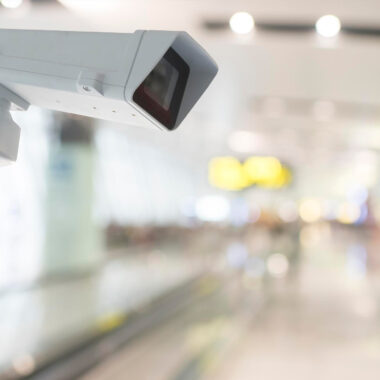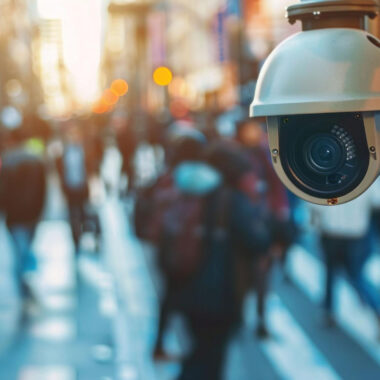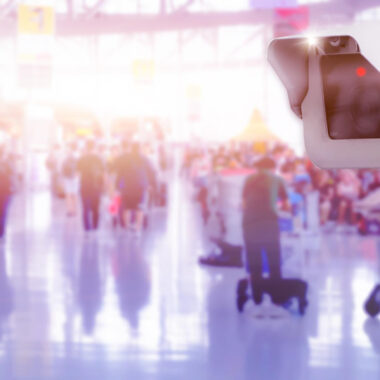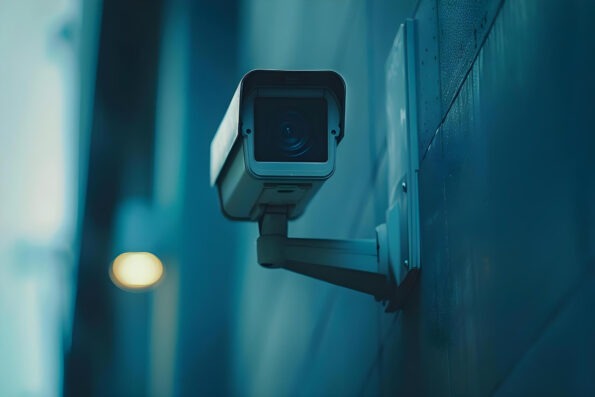
When planning a large event, security is always a top priority. At the same time, the rise of strict privacy laws such as the General Data Protection Regulation (GDPR) has left many event organizers wondering how to balance safety with compliance. The challenge lies in protecting your guests and property without crossing legal boundaries on personal data. If you are hosting an event in cities like Derby or Edinburgh, understanding how GDPR applies to CCTV systems is essential. Ignoring the rules is not an option, as non-compliance can result in heavy fines, legal action, and damage to your reputation. The good news is that you can keep your event secure while staying fully compliant. By learning the basics of GDPR and partnering with experts in event CCTV in Derby and event CCTV in Edinburgh, you can create a safe, trusted environment for everyone involved.
Why GDPR Matters for Event CCTV
The GDPR regulates how personal data is collected, stored, and used. Since CCTV footage often contains identifiable images of people, it qualifies as personal data. This means that every frame captured at your event is subject to GDPR obligations. Many event organizers mistakenly believe that GDPR makes surveillance almost impossible. In reality, the regulation does not ban CCTV; it simply requires that surveillance be carried out responsibly and transparently. Compliance ensures that you protect your attendees while also safeguarding your organization against penalties. Failing to meet GDPR standards can result in fines that stretch into the millions, lawsuits from attendees who feel their rights were violated, and significant reputational damage. This is why a clear strategy is critical when deploying event CCTV in Derby or Edinburgh.
What GDPR Requires from Event Organizers
If you plan to use CCTV at your event, there are several legal requirements you need to observe:
- Lawful basis for processing: You must have a valid reason for recording, usually security or public safety. This justification should be documented.
- Transparency and signage: Clear signage must inform guests that CCTV is in operation. Signs should be visible at entrances and key areas.
- Data minimization: Only record what is necessary. Avoid areas where privacy is expected, such as restrooms or private staff rooms.
- Secure storage and limited access: Recorded footage must be stored securely, with access restricted to authorized personnel only.
- Retention period: CCTV footage should be deleted after a reasonable period, often 30 days, unless needed for investigation purposes.
- Rights of individuals: Attendees have the right to request access to footage that includes them. Processes should be in place to respond quickly and correctly.
By following these principles, you demonstrate respect for attendees’ privacy while keeping your event legally compliant.
How Event CCTV Providers in Derby and Edinburgh Help Ensure Compliance
Choosing the right security provider makes GDPR compliance far easier. A professional CCTV company will not simply install cameras but will also guide you through the compliance process. Local specialists offering event CCTV in Derby and event CCTV in Edinburgh understand both the technology and the legal environment. They can conduct risk assessments with a focus on privacy, advise on camera placement to reduce unnecessary intrusion, and help draft the required signage and privacy notices. Many also provide secure storage solutions with encrypted systems and offer staff training on GDPR requirements. By working with experienced providers, you reduce risk and ensure your event is protected on every front.
Real-Life Lessons from GDPR Non-Compliance
There are plenty of examples that highlight why GDPR should never be taken lightly. A high-profile festival in Europe faced severe consequences when it failed to notify guests that cameras were in operation. Unauthorized footage later leaked online, resulting in heavy fines and a flood of lawsuits. Beyond the financial loss, the organizers suffered irreparable damage to their reputation. On the other hand, events that prioritize privacy and communicate openly about surveillance tend to build stronger trust with attendees. When guests know their data is handled with care, they feel safer, which enhances the event experience and encourages repeat attendance.
Balancing Privacy and Security
The challenge for event organizers is not to choose between safety and privacy but to achieve both. With careful planning, these goals work hand in hand. Some practical steps include using cameras only in high-priority areas like entrances, exits, and equipment zones, avoiding coverage in sensitive spaces, making your data policies available to the public, and deleting footage regularly. By following these practices, you show attendees that you take their privacy seriously while ensuring their safety.
Why Acting Now Is Critical
The regulatory landscape around data protection is evolving rapidly, and authorities are becoming increasingly vigilant. Waiting until a complaint or breach occurs is a costly gamble. If you are hosting an event in Derby, Edinburgh, or anywhere in the UK, it is essential to make GDPR compliance part of your planning from day one. Engaging with professional CCTV providers who specialize in event CCTV in Derby or event CCTV in Edinburgh ensures your system is designed with both security and legal obligations in mind.
Final Thoughts: Secure and Compliant Events Made Simple
Your guests expect two things at any event: safety and respect for their privacy. With GDPR in force, event organizers must deliver both. By adopting a compliance-first mindset and working with trusted CCTV providers, you can achieve the perfect balance. Whether you are organizing a festival in Derby or a conference in Edinburgh, event CCTV done right will protect your venue, your attendees, and your reputation. Don’t wait for an incident to highlight gaps in your security. Start planning today and ensure your surveillance strategy meets GDPR requirements while keeping every guest safe.

